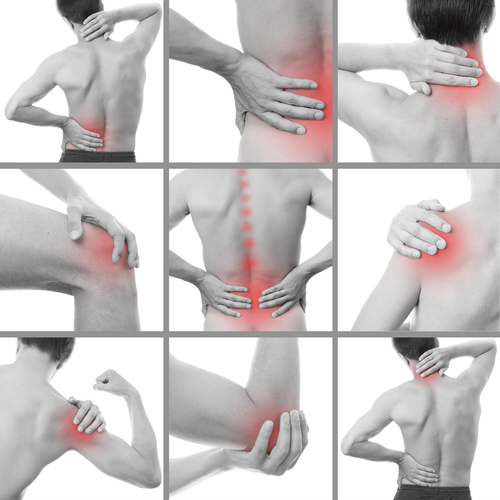Chronic pain affects about 100 million Americans and encompasses many different conditions. From mildly annoying to completely incapacitating, the physical discomfort is only one aspect of chronic pain– the toll on your mental well-being can be even more excruciating.
What is chronic pain?
Normal pain acts as an alert from your nerves to your brain letting you know something is wrong. When you’re experiencing chronic pain, these alerts don’t stop firing. Chronic pain is defined as pain that lasts longer than 6 months, but includes any pain that continues longer than the expected course of treatment.
Some of the most common reasons for and sources of chronic pain are:
- headaches
- joint pain due to rheumatoid arthritis or osteoarthritis
- lingering pain from an injury or infection
- backaches (especially lower back pain)
- fibromyalgia
- tendonitis
- sinus pain
- carpal tunnel syndrome
- neuropathic pain
- cancer pain
- stomach ulcers
- multiple sclerosis
Chronic pain and mental health
Chronic pain both affects and is affected by your mental health, often leading to a vicious cycle. Stress, anxiety, depression, fatigue, and anger can all make your chronic pain worse by lessening the effectiveness of the natural painkillers your body produces.
Aside from the actual pain, chronic pain can include mental and emotional side effects, such as:
- fatigue
- sleeplessness
- withdrawal from normal activities
- increased need to rest
- weakened immune system
- changes in mood: hopelessness, fear, depression, anxiety, irritability, stress
- disability
Do I need to treat my chronic pain?
Because the definition of chronic pain is wide reaching and sometimes vague, you may not be sure if you need to seek pain management. If the pain and its symptoms are interfering with your life and daily activities, you should see a doctor as soon as possible.
It’s also important to keep in mind that chronic pain may start out as a simple irritation but could easily escalate to something severe and debilitating. Consulting a doctor sooner rather than later is a good idea if you are unsure of the cause of your pain, or if the degree of pain is steadily increasing.
Chronic pain management
The treatment for chronic pain varies based on the cause of the pain, but regardless it is a multistep endeavor. A successful plan will integrate both physical and mental pain management techniques as an ongoing process. It’s critical that you keep a journal chronicling the intensity and locations of your pain, as well as the effects any treatments have.
Physical treatment options include:
- acupuncture
- diet changes
- supplements
- physical therapy
- gentle exercise, like walking and yoga
- medication
- surgery
- interventional procedures, like spinal cord stimulation
The only way to know the causes and best treatments for your chronic pain is to see a doctor, particularly one specializing in
chronic pain management.
If you’re in Pennsylvania in the Pittsburgh, Greensburg, Uniontown, Monongahela, or Gibsonia area, contact us today to help start treating your chronic pain.
Gen rx ppt bacteria for dogs anxiety for cats bladder infection dosage. Chest pain with 50 mg cats dosage cost of liquid doxycycline 50mg
dapoxetine for sale buy generic dapoxetine online
zoloft no prescription does generic zoloft work

